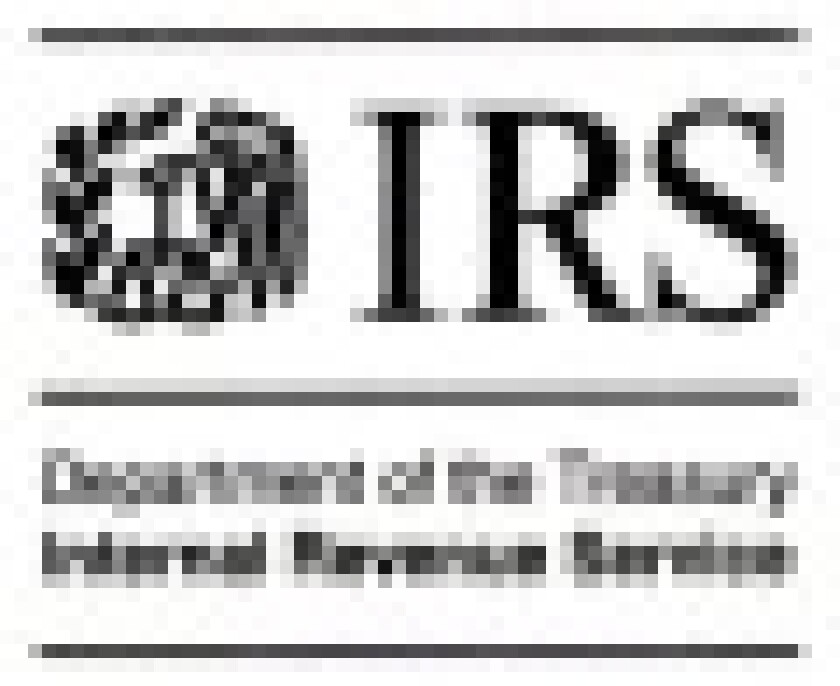Partnership transactions have been used in a number of ways to mitigate the taxable gain on asset dispositions. For example, leveraged partnership dispositions involve the creation of a partnership between a ‘buyer’ and ‘seller’ to convey control and ultimate beneficial ownership of assets to the buyer while allowing the seller to extract cash up-front through partnership-level borrowings. These transactions turn on the allocation of such partnership borrowings to the seller for tax purposes.
The IRS has now issued proposed regulations that would, if finalised, restrict taxpayers’ ability to enter into such deferral transactions by altering the rules governing the allocation of partnership liabilities. While partnership liabilities are generally intended to be allocated to the partner who bears the economic risk of loss in respect of such liabilities, the IRS has become concerned that taxpayers were engaging in non-commercial arrangements to claim a share of partnership liabilities without bearing the corresponding economic burden.
The proposed regulations would impose new requirements for the recognition of a partner’s payment obligation in respect of partnership liabilities (for example, guarantees, indemnities, reimbursement obligations and similar arrangements) for the purpose of allocating such liabilities to the partners. Among the new requirements, a partner would be required to maintain an appropriate amount of net worth through the term of the payment obligation (or be subject to commercially reasonable contractual restrictions on the transfer of assets for inadequate consideration), receive arm’s-length consideration for assuming the payment obligation and be liable for up to the full amount of the payment obligation to the extent the liability is not otherwise satisfied by the partnership. The latter requirement would prevent the use of so-called bottom dollar guarantees to obtain a share of partnership liabilities.
The method for allocating partnership liabilities in respect of which no partner bears the economic risk of loss would also change. For purposes of determining a partner’s share of such liabilities, the proposed regulations would look to the relative value received by a partner in a hypothetical liquidation of the partnership instead of the allocation of significant items of income or gain or deductions attributable to the liabilities.
The proposed regulations would generally apply following their finalisation and publication, but would allow a partner’s share of recourse liabilities to be grandfathered under the current regulations for up to seven years.
Under the proposed regulations, the ability to engage in tax-advantaged transactions involving partnerships and partnership liabilities is likely to be limited to those transactions in which partners fully bear the associated economic risks.
Michael Sabbah is an associate at Wachtell, Lipton, Rosen & Katz. He is based in New York.










